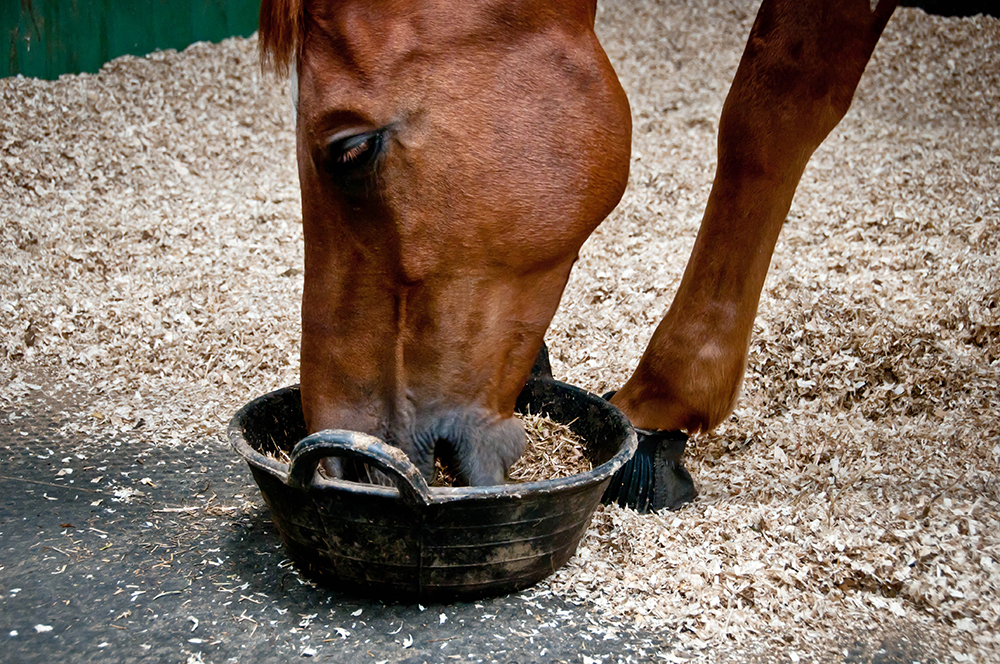Raising a foal is a rewarding journey that requires attention and knowledge, especially about their nutritional needs. The feeding foals schedule is crucial to ensure that these young horses grow strong and healthy. Understanding the right dietary requirements for foals will not only boost their physical development but also prevent various health issues as they mature.

Understanding Foal Nutrition
Proper nutrition is the cornerstone of a foal’s growth. A well-thought-out feeding foals schedule addresses nutritional requirements efficiently. Early life nutrition sets the stage for the future health and performance of the horse, making it vital to balance nutrients.
The Importance of Colostrum
The first nutrition a foal receives is colostrum, the initial milk a mare produces. Rich in antibodies, it is critical in the first 24 hours post-birth, helping to build the foals immune system. Missing this essential feeding can lead to severe health complications.
Transitioning to Solid Food
Foals begin exploring solid foods within weeks. Introducing quality hay and quality-tested hay into their diet supports their digestion and growth. Gradually increasing solid food intake helps in smooth weaning.
Crafting a Feeding Foals Schedule
Creating a personalized feeding foals schedule is essential. Different factors like breed, weight, and health status influence the schedule. Engagement with a veterinarian or equine nutritionist can provide specialized advice.
Weekly Adjustments
The feeding requirements of a foal will change weekly as they grow rapidly. Its crucial to adjust their diet regularly to meet their increasing nutritional needs. Measuring weight and monitoring growth patterns can guide these adjustments effectively.
Recommended Dietary Inclusions
Incorporate a mix of components such as grains, hay, and supplements. Its important to provide a balanced diet that promotes muscle development and bone health. Refer to these feeding strategies that can optimize growth and prevent dietary deficiencies.
Common Feeding Challenges
Feeding foals comes with its own set of challenges. From ensuring proper nutrition intake to observing any signs of allergies or intolerances, handlers must be vigilant.
Recognizing Dietary Deficiencies
A foal not thriving as expected might indicate nutritional deficiencies. Its crucial to understand the symptoms of such issues and consult with professionals as needed.
Implementing Changes Safely
Modifying a foal’s diet should be done cautiously to avoid digestive upsets. A gradual introduction of new food items over several days is advisable to ensure the foals system adapts smoothly.
Long-term Benefits of a Balanced Feeding Foals Schedule
A well-structured feeding schedule ensures a healthy horse in the long run. This encompasses overall health, improved lifespan, and better performance. A focus on nutrition helps prevent future ailments such as colic or myopathies.
Integration into Grooming and Training
Besides feeding, maintaining a schedule for grooming and preliminary training can enhance a foal’s physical status. It helps in forming positive habits and routines for the foal.

FAQ
How often should foals be fed?
Foals should be fed multiple small meals throughout the day, mimicking natural grazing patterns.
Is it necessary to give supplements?
Supplements can be beneficial, particularly if the foal’s diet lacks certain nutrients. Consultation with a vet is recommended.
When can a foal start eating adult horse feed?
Foals can gradually be introduced to adult feed between 4-6 months, but it’s crucial to monitor and adjust quantities appropriately.
For further details on equine nutrition, consider visiting this resource.
This article contains affiliate links. We may earn a commission at no extra cost to you.
